How Do Programs Catalyze Change for Nutrition?
SPRING has been working to develop evidence-based, scalable change in SBCC programs for nutrition globally.
SPRING has been working to develop evidence-based, scalable change in SBCC programs for nutrition globally.
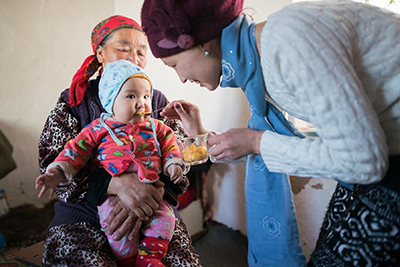
From 2014 to 2018, the SPRING project, funded by the U.S.
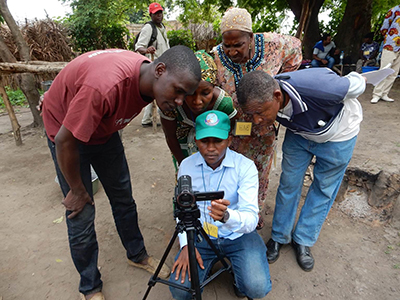
In 2016, the SPRING project began providing technical assistance in Guinea with funding from USAID’s Bureau of Food Security (BFS) to test small-scale approaches for improving dietary diversity within the prefecture of Faranah.
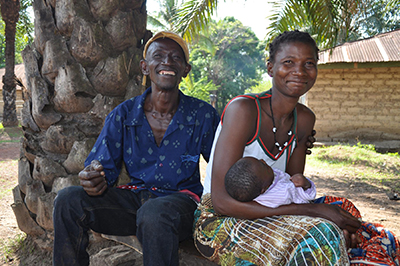
The SPRING project began working in Sierra Leone in January 2016 through funding from the USAID Bureau for Food Security (BFS).
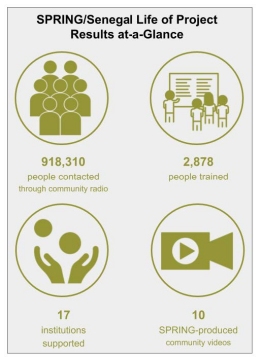
The Strengthening Partnerships, Results, and Innovations in Nutrition Globally (SPRING) project launched a two-year program in Senegal in November 2015 focused on creating, testing, and learning from local partnership approaches to improve the nutritional status of pregnan
On June 22, 2018, the USAID-funded SPRING project in the Kyrgyz Republic hosted an event in Bishkek to share important lessons and accomplishments of the project from 2014 to 2018.
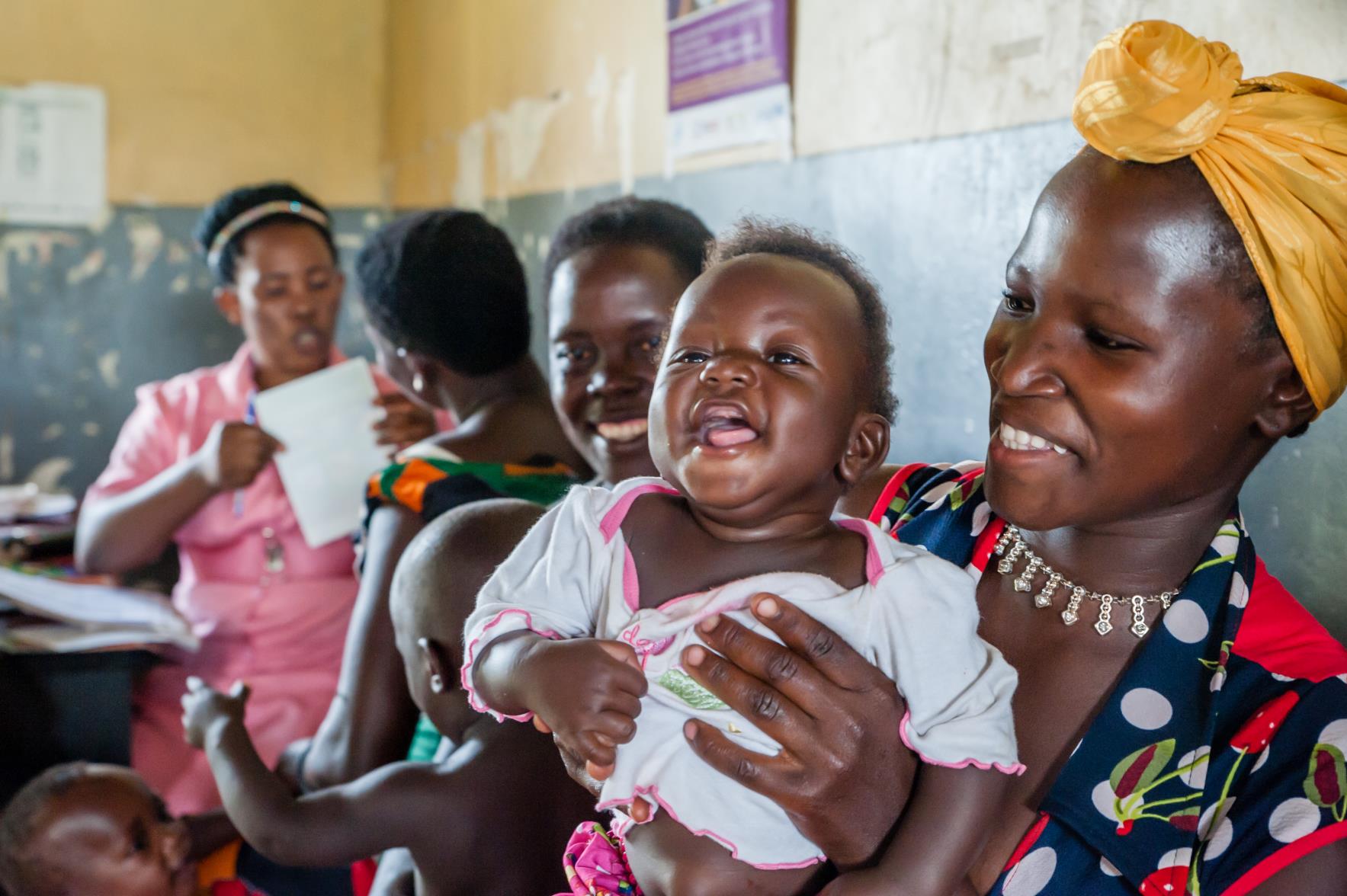
The SPRING project, funded by USAID, launched activities in Uganda in April 2012, to work toward reductions in stunting and maternal and child anemia and proportion of children and adults with severe acute malnutrition.
SPRING’s major accomplishments in Uganda fall into five categories:
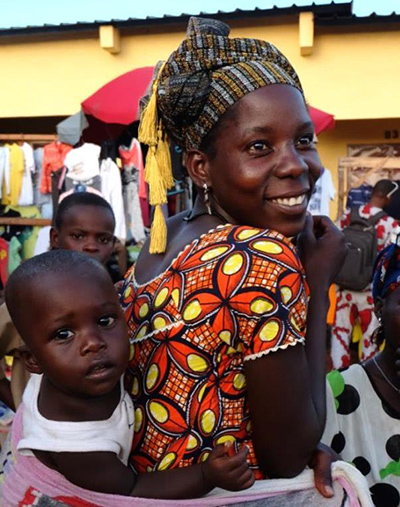
The roots of poor nutrition lie in human behavior.
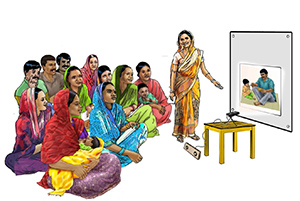
The Maternal, Infant and Young Child Community Nutrition Training Package provides basic nutrition training for Community Service Providers (CSP) and Community Resource Persons (CRP) to prepare for developing and disseminating nutrition